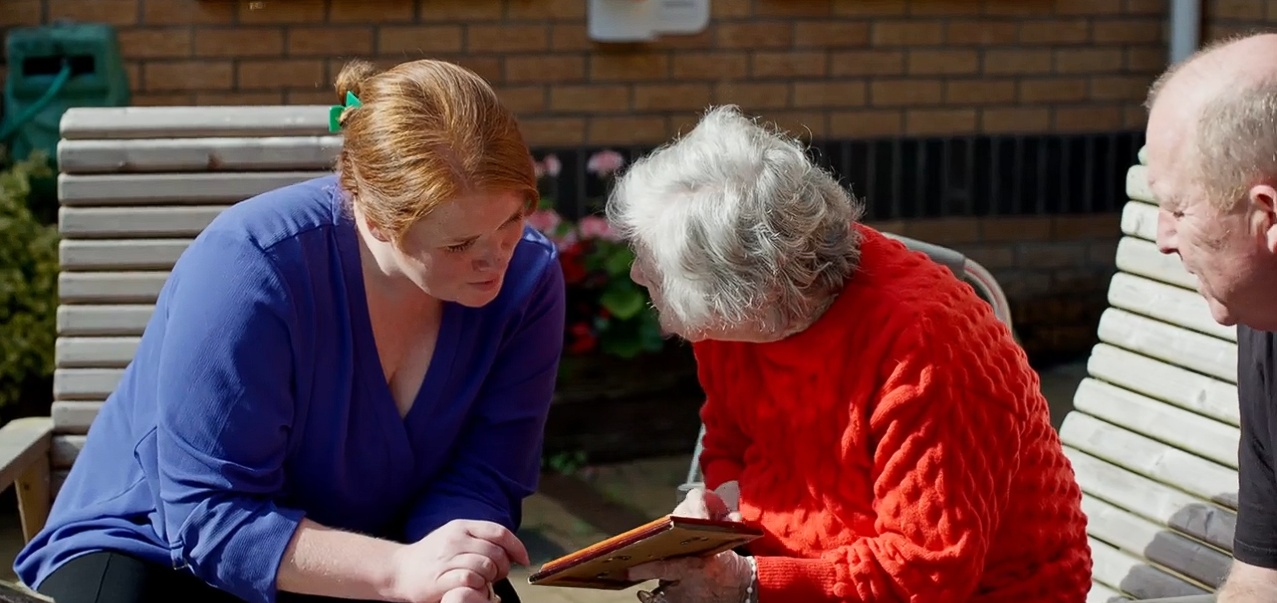
-
Source
Witness seminars (United Kingdom)
In her presentation at the cultural contexts of health and wellbeing workshop on 'Culture and reform of mental health care in central and eastern Europe', Sarah Marks of Birbeck, University of London (United Kingdom) focused on witness seminars, a method of oral history research. Witness seminars gather testimony from stakeholders involved in a particular event, such as a policy reform or health initiative to reveal how individuals and groups made decisions, what conflicts arose, and the factors that facilitated or hindered developments.
These subjective recollections provide a source of evidence beyond the content of official documentation. This qualitative data can be valuable for understanding decision-making in policy and reform, the cultural or ideological influences that shaped decisions and actions, and the perceived reasons for the success or failure of interventions. Importantly, they can also offer a starting point for the evaluation of decision making processes.
To conduct a witness seminar, organizers invite individuals who played a key role in a particular intervention (health professionals, service users, policy-makers, etc.) to attend a concentrated discussion framed around questions predetermined by the research team. An individual independent of the group concerned chairs the discussion. It is recorded, and the audio recording and transcript can be made available for research purposes. Organizers may also invite participants to prepare a short brief, circulated to all members of the seminar in advance, to initiate recollections and discussion.
A witness seminar held at the University of Oxford (United Kingdom), entitled The UN and humanitarian action: learning lessons from past experience for future policy, provides an example of this method of oral history research.
Photo by Papaioannou Kostas on Unsplash




